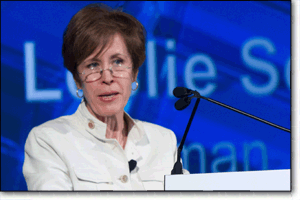- Home
-
News
- Back to parent navigation item
- News
- National Compliance Officer Day 2025
- Accounting & Auditing
- AI
- AML
- Anti-Bribery
- Best Practices
- Boards & Shareholders
- Cryptocurrency and Digital Assets
- Culture
- ESG/Social Responsibility
- Ethics & Culture
- Europe
- Financial Services
- Internal Controls
- Regulatory Enforcement
- Regulatory Policy
- Risk Management
- Sanctions
- Surveys & Benchmarking
- Supply Chain
- Third Party Risk
- Whistleblowers
- Opinion
- Benchmarking
- Certification
- Events
- Research
- Awards
-
CW Connect
- Back to parent navigation item
- CW Connect
- Sign In
- Apply
- Membership
- Contact
Weighing the Worth of an External Audit
By Colleen Cunningham2010-04-27T00:00:00
THIS IS MEMBERS-ONLY CONTENT
You are not logged in and do not have access to members-only content.
If you are already a registered user or a member, SIGN IN now.
Related articles
-
Article
Audit Voices Try to Calm Tensions on Evidence
2015-03-17T13:45:00Z By Tammy Whitehouse
Image: Leaders of the auditing world are calling for a truce in arguments between internal and external auditors over how much evidence external auditors should collect themselves while scrutinizing internal controls—and are calling on audit committees to intervene earlier to prevent such disputes. “Essential value will be lost if external ...
-
 Article
ArticleAccounting and Audit Rulemakers Make the Case for Transparency
2012-06-12T00:00:00Z By Tammy Whitehouse
-
Article
Paper Argues Alternatives to SOX 404 for Small Cos.
2010-06-15T00:00:00Z By Melissa Klein Aguilar
- Terms and Conditions
- Privacy Policy
- Do Not Sell My Info
- © 2025 Compliance Week
Site powered by Webvision Cloud






